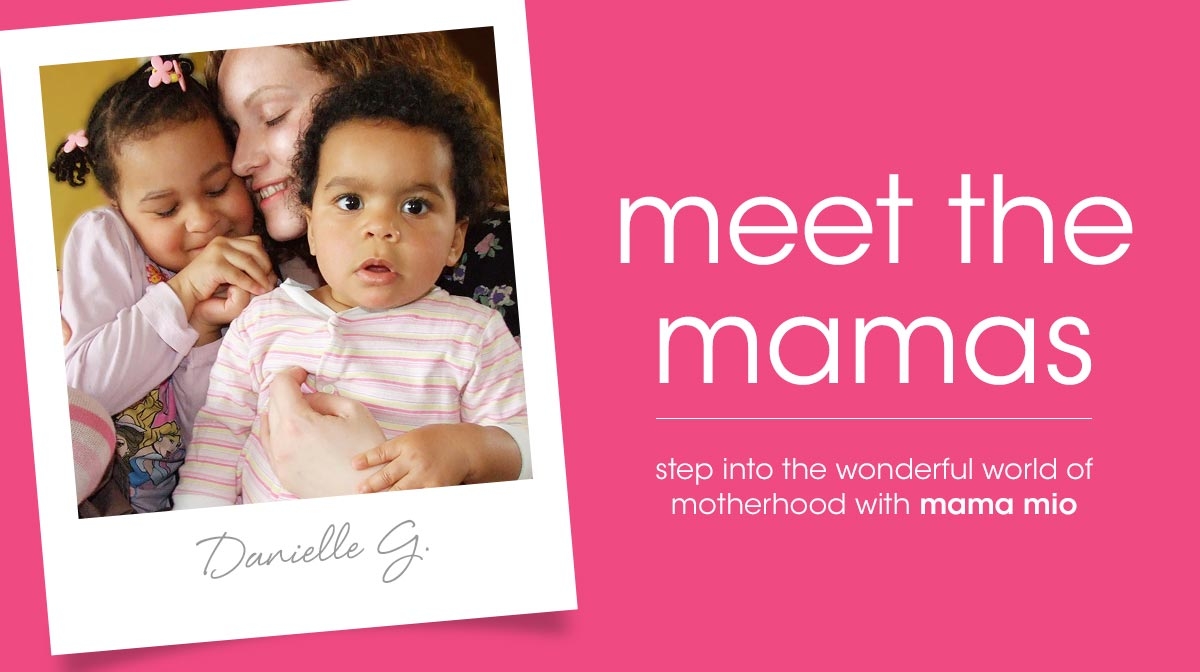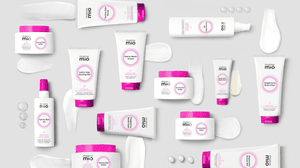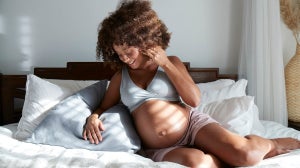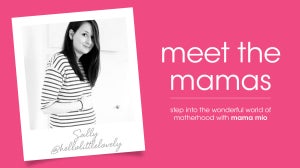The moment my eldest child was born in 2007, I immediately knew that something was wrong. That 'rush of love ' that I'd read about in the baby magazines didn't happen. The midwife handed me a baby girl and I felt that I was just expected to get on with it. I had naively assumed that I would somehow recognise my daughter when she arrived and that there would be an automatic familiarity. There wasn't. I couldn't quite believe that she was mine. It wasn't a moment of ecstatic disbelief, it was the harsh slap of reality and the realisation of the challenges that lay ahead of me. I would have to LEARN to love my baby. Suddenly the magnitude of it all hit me, and I experienced my first ever panic attack - the room began spinning and I started to panic and feel sweaty and dizzy, struggling to catch my breath. I feared I wouldn't be able to do this, and worried endlessly because I knew I would soon be sent home where I would be expected to look after this tiny person and nurture it to adulthood. The enormity of it all overwhelmed me and I fast became an emotional wreck. I would take short naps between breastfeeding and upon waking I'd immediately burst into tears when I remembered that I had this baby to care for, and that this was my life now, and there was no escape.
The ward nurses were used to seeing the occasional teary mother and put it down to 'Baby Blues' (a condition that affects up to 80% of new mothers, caused by a sudden drop in pregnancy hormones after the birth which can cause women to feel a bit low for a few days. I was assured that I would soon feel better.
I didn't. I was discharged and returned home to my London apartment where I spent the following weeks indoors with the curtains closed, robotically tending to my daughters needs and trying to push dark intrusive thoughts out of my head. I had my shopping delivered, ignored phone calls and cut myself off from the world. The night feeds took their toll and the permanent exhaustion left me weepy and feeling unable to cope.
It was only at my 6-week postnatal check that my GP became aware of how I was feeling. I was asked to fill in a questionnaire based on my mood, and that day I left the surgery with a diagnosis of postnatal depression, a prescription for antidepressants and a referral to a therapy team.
From then on, my GP kept a close eye on me and I was given practical advice on how to overcome this. Having a diagnosis was a huge relief. I wasn't going mad, I wasn't a bad mother, my daughter was not going to be taken away from me - this was a condition that was out of my control but, with help, it could be overcome. I began leaving the house more, attending baby groups and my therapy sessions, and focusing on taking care of myself, and slowly, each day became a bit more positive.
By the time my second daughter was born in 2010, I was well prepared for what might lay ahead. I still experienced panic attacks, moments of doubt and the dark intrusive thoughts - but I was supported through it all by my GP and midwives who were aware of my history.
I now have two happy and healthy girls, aged 9 and 6 and I am expecting my third child in March 2017. I know the likelihood is that I will develop postnatal depression again, but I've fought and beaten it twice and again I know, with the right support, I will battle through those moments of doubt, darkness and despair once again.
To other expectant or new mums out there I would give this advice:
* Take time to focus on yourself - with all the excitement of a new baby on the way, it's so easy to 'lose' yourself. Make time to nurture a healthy mother - in mind as well as body.
* Be honest with yourself and with loved ones as to how you are feeling during pregnancy, and after the birth, and ask for help when you need it. There's no shame in visiting your GP and saying 'this wasn't what I expected' or 'I'm not sure why I am feeling this way' - your wellbeing is paramount and they are there to listen and to help you. Do not be ashamed to admit if you are struggling.
* Make time to see friends and family, surround yourself with people who care for you and accept offers of help.
* Attend baby groups or just go for a walk or take a trip to the shop. I would urge every new mum to try to get out of the house as much as possible - it may seem like a momentous task, but you will be surprised how much it helps to be around other people and even just a short walk can help lift your mood.
PANDAS Foundation - http://www.pandasfoundation.org.uk
MIND - http://www.mind.org.uk/
Samaritans - http://www.samaritans.org
Insta: @mamamioskincare //Twitter: mamamio // Facebook: mama mio skincare // Pinterest: mama mio skincare







